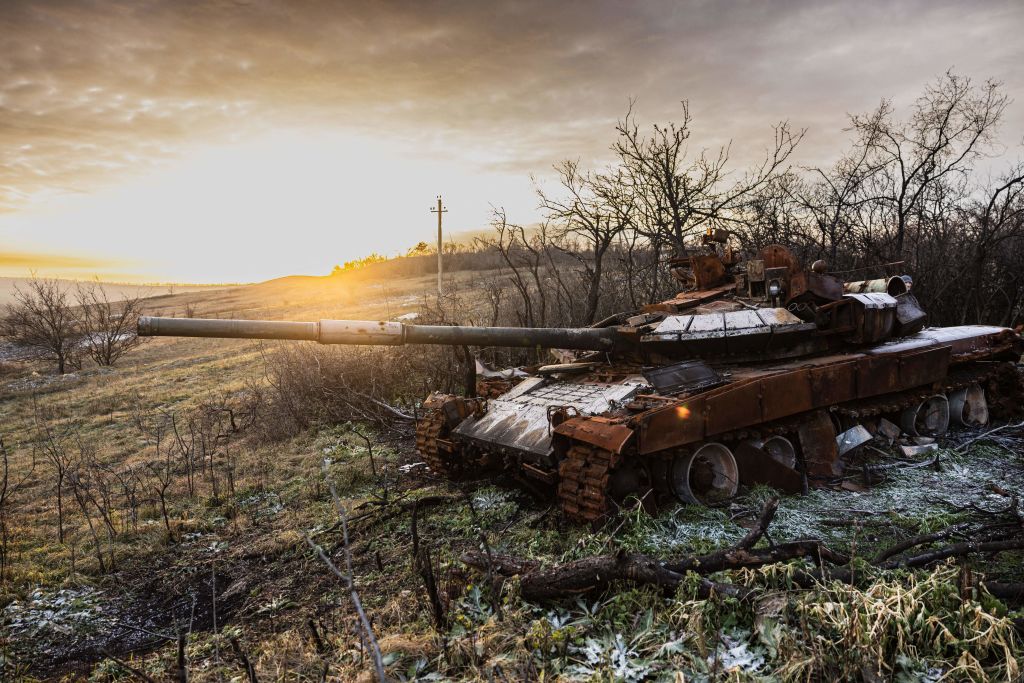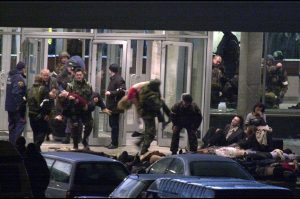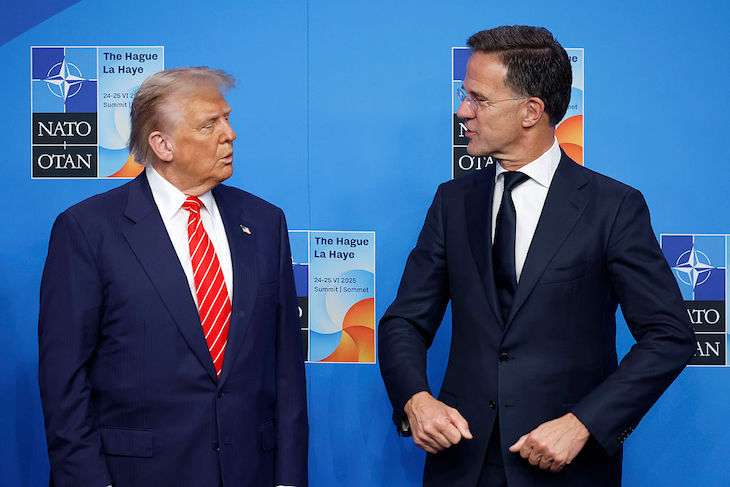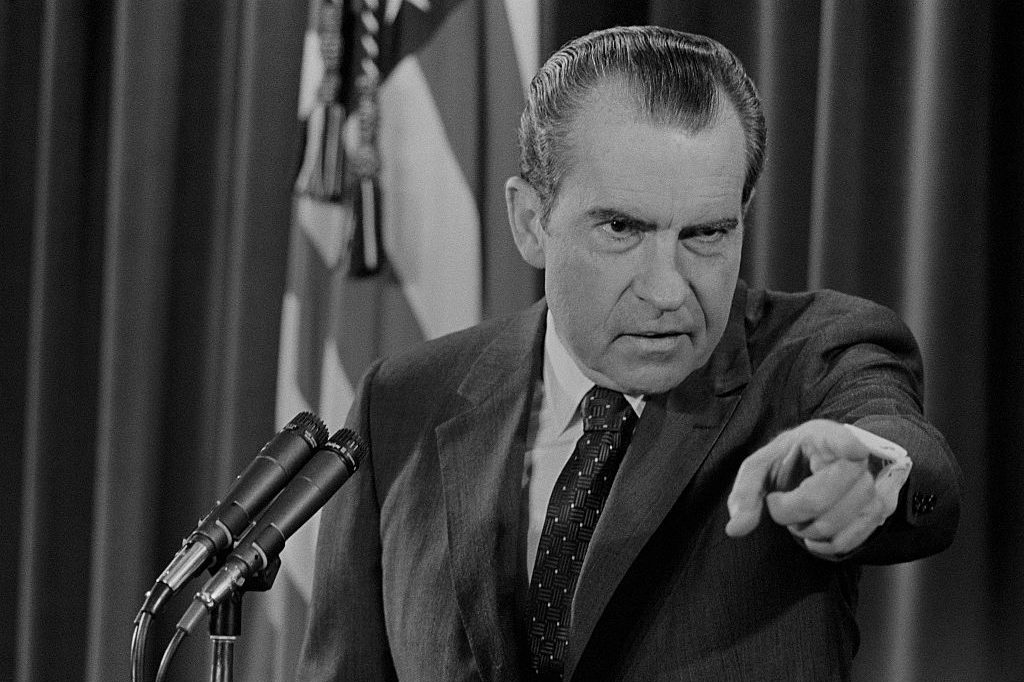Washington will provide Patriot missiles to Ukraine, bolstering Kyiv’s air defenses in the new year. This is welcome news — but it should have happened a long time ago. One word best characterizes the Biden administration’s response to the war in Ukraine: reactive. The president’s lack of proactive measures both gives Putin an edge and prevents Ukraine from achieving a swift victory.
US weapons began arriving in Ukraine in December 2021 from a $60 million package approved in August, with another package worth $200 million being approved in December and arriving in January. Both lacked the firepower needed to deter Moscow. The administration knew by October 2021 that Putin might invade — and that Russia had been building up forces around Ukraine since the spring. By December it was clear Putin was going to invade, at which point the US should have surged massive quantities of weapons. That period was the last chance to persuade Putin that a war would not be worth it.
Biden’s aid policy mirrored the Obama administration’s vacillation about supplying lethal aid after Moscow’s 2014 intervention in Ukraine. Trump was the first to send lethal aid in 2017. Biden’s excessively cautious approach sent a message to Russia that US support has manageable limits, and that Moscow could outlast or out-escalate the West.
After the war began, the US refused to send howitzers until mid-April. Despite pleas from the Ukrainians, the White House threw cold water on any hopes of training Ukrainians on American fighter jets and is still unclear on the issue today. The US would not even work with Poland to supply Warsaw’s own aircraft to Ukraine.
Washington has also been wavering for months on whether to send MQ-1C Gray Eagle drones to Ukraine. The administration only decided to send advanced air defense systems in July, despite air attacks being a feature of the war since day one. They still were not delivered by October 10, when Russia launched what was one of its largest missile and drone attacks yet.
And now, nearly ten months into the war, the administration is finally sending the Patriot missile system to Kyiv. How many tragedies will it take before the administration takes the initiative out of Moscow’s hands?
Biden fears escalation, but Putin has escalated despite — or more likely because of — the administration’s caution. He has turned to ever more brutal tactics, including the targeting of civilian infrastructure to deprive Ukrainians of electricity, heat and water this winter. He has cooperated with Iran and North Korea to attain weapons and ammunition — and regularly rattled his nuclear saber after realizing merely mentioning nuclear weapons was enough to send Western leaders racing to the bunkers. Now there are growing fears of another major Russian offensive in 2023.
Putin does not want an escalation with the West any more than the West does. If NATO was to become militarily involved in the conflict, Russia would last about as long as it takes for its troops in Ukraine to reach the Russian border. The end goal in the conflict for the West (and Ukraine) is Russia’s defeat, in which case the sooner the better. America should not be giving Putin cause for hope, as Washington’s wariness has thus far; rather it should be forcing the Kremlin to accept its defeat. Imperialism will only die when its ambitions are definitively crushed.
This does not mean rejecting caution; it simply means having a strategy for the war that is not dominated by caution. It’s time for the US to stop ceding the initiative to Russia. Washington must send Ukraine the weapons it needs before it needs them, not after.

























